Categories
Choose your categories below to seize your chance to gain UK-wide recognition and win a prestigious MJ Award.
Your submission can be 1,000 words or less, making it super easy to nominate your deserving colleagues and teams!
Entry FAQ can be found here. For T&Cs, click here.
Entry Deadline: 5pm, Friday 31st January 2025
Best Council Services Team
The frontline services that council’s provide keep communities functioning on a daily basis.
They are the most visible face of their local authority, whether they are housing, school meals, building cleaning, homecare, sports and leisure, refuse collection, street cleaning, recycling, transport, highways maintenance or street lighting.
This category seeks entries from local authority service teams who have shown creativity and innovation in their service provision, with a clear outcome in an improved service to residents and proven satisfaction despite budget constraints.
Judges will be looking for evidence of:
- Leadership in addressing the challenges facing council services whether through reduced budgets, rising demand or implementation of new legislation
- Examples of creativity, entrepreneurship and innovation in overcoming these challenges to ensure residents receive an improved service
- Examples of increased customer satisfaction or evidence that planned outcomes have been met
Sponsored by
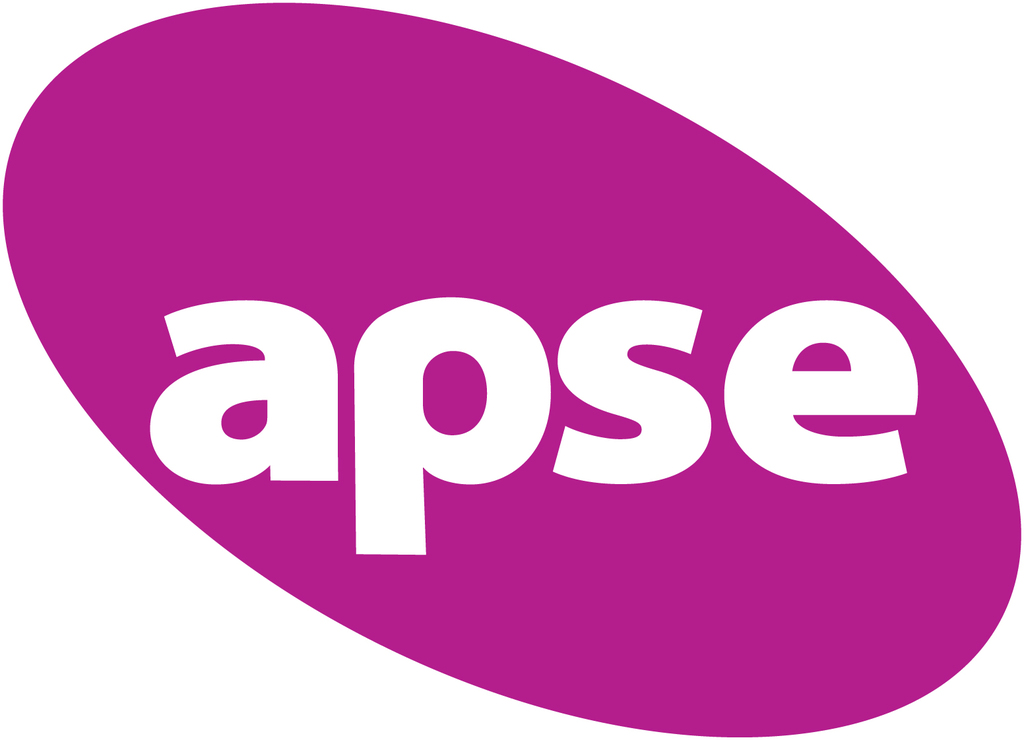
Best Transport Decarbonisation Project
Local authorities are well placed to take action to reduce transport-related carbon emissions. More than 300 authorities have declared a climate emergency and the National Audit Office found that almost two thirds of councils in England are aiming to be carbon neutral 20 years before the national target.
Through strategies and projects focussed on decarbonisation, local authorities have the ability to design and deliver a vision for local infrastructure that will enable the switch to low carbon journeys.
Judges will be looking for entries that demonstrate an innovative approach to the strategy and delivery of localised transport decarbonisation projects, making quantifiable differences to the environment and local communities.
Judges will be looking for evidence of:
- A description of how the project came into being, its aims and how it was carried out
- How the project has made a difference to citizens and communities
- Any measurement that has been put in place to monitor the effectiveness of the project
- The obstacles that were overcome to achieve it
- How the project was funded
Sponsored by

Chief Executive of the Year
In this category, judges are looking for chief executives who have displayed outstanding leadership, innovation, determination and commitment to their authorities and their communities.
They will be interested in examples of challenges that chief executives have tackled and surmounted over and above the day-to-day problems of the job.
The size or type of authority is immaterial. What is important are the achievements of the individual.
Chief executives are welcome to enter themselves but we also urge council leaders and other members of the senior management team or Cabinet to enter on their behalf.
The Judges would be particularly keen to see as diverse a range of entrants as possible.
Sponsored by

Community Engagement
Frontline staff are the vital public face of an organisation and its reputation hinges on their dedication and ability and in particular their engagement with their communities.
This category recognises the impact on communities of those local authority teams across all services who work day in, and day out with the public to ensure they receive the best customer care. Judges will be looking for evidence that the teams have worked closely with their communities in developing and delivering a service or project as well as evidence of results and positive feedback.
Judges will be looking for -
- Evidence of engagement with their communities
- Innovation in working with, and being steered by, communities
- Evidence of how a service or project has changed lives
- Evidence of positive feedback from the community
Sponsored by

Delivering Better Outcomes
With challenging budgets for the public sector, much more emphasis is being placed on achieving more with fewer resources and with delivering outcomes not just outputs.
Yet despite budget constraints councils are still expected to help their residents and their communities.
This category looks at how innovation council teams have made a real difference in the lives of their citizens by providing better outcome-focused services or projects.
Judges will be looking for evidence of:
- A service or project that has delivered improved outcomes to the lives of its users
- The involvement of individuals and communities to make a real difference in people’s lives, including practical examples of community engagement
- Demonstrable examples of a joined-up approach to local services that deliver more for less including cross-public sector, private and voluntary sectors
- Innovative projects that have attracted funding from a number of different sources.
- Imaginative use of these resources and funding sources
Sponsored by
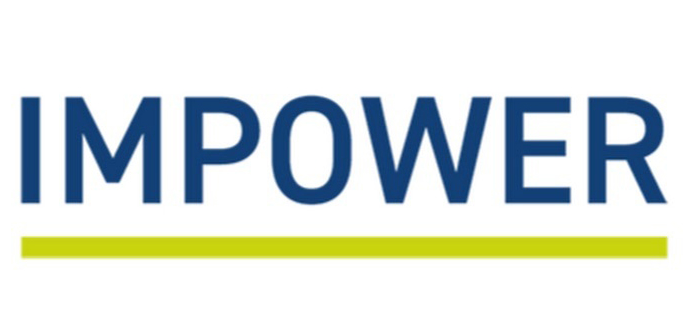
Digital Transformation
A digital approach to organisational transformation should be at the centre of shaping local government structure, services, strategy and culture.
It is core to transforming an organisation, changing culture, focusing service delivery on the front line, and streamlining the back office. Advances in technology help to improve efficiency in quality services at a time of higher public expectations and stagnant budgets. Sustaining significant transformation is difficult to achieve.
In this category, local authority teams are invited to enter examples of digital innovation that have led to the successful transformation of either a service, department or organisation.
Judges will be looking for:
- Innovative use of digital services
- Clear evidence of cost savings or efficiency gains
- Significant improvements to the quality of services provided
Sponsored by
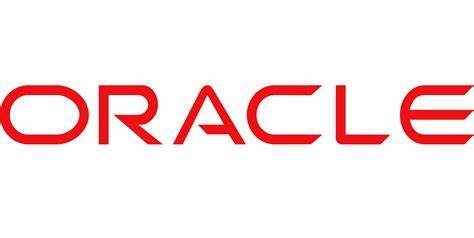
Innovation in Building Diversity and Inclusion
The benefits that diversity and inclusion can bring to organisations - be this increased creativity, innovation, well-being or productivity - have long been recognised, yet the pace of progress is insufficient.
This category looks at those organisations that have made Equality, Diversity and Inclusion a strategic imperative, not just a tick-box exercise, and have shown pioneering ways to deliver successful initiatives with proven progress and results.
Judges will be looking for details of the initiative, how it came about, and what it was trying to achieve. They will be looking for evidence of:
- How the approach was unique, pioneering, innovative or different, and whether the aims of the project were met – with details of how the impact was measured
- How it helped build a culture of belonging and inclusivity across the organisation
- The level of partnership working involved in the project, either cross-departmental, public-public or public-private
- What funding was accessed for the project?
- What is the lasting legacy of the activity and consequent activities and plans for the future, including details of how you plan to support the dissemination of good/best practices in ED&I, both within your organisation, and outside of the organisation within local government, the public sector and the wider society
Sponsored by

Innovation in Children’s and Adults’ Services
The judges are looking for quantifiable evidence of innovation, impact and learning from a committed children’s and/or adult services team.
The team will have worked efficiently and effectively to deliver demonstrable impact in services in their local area in either children’s or adult services.
The winning team will have successfully integrated different services and partners and developed creative, forward-thinking services for children, young people and/or adults.
Judges will be looking for evidence of:
- Quantifiable and qualitative examples of innovation, impact and learning
- A team who have developed partnerships and created innovative children’s and/or adult services with demonstrable impact
- A team who has demonstrated its ability to reach and engage with those who are in most need of support
- A team who are showing the ability to provide services through an integrated and joined-up approach
Sponsored by
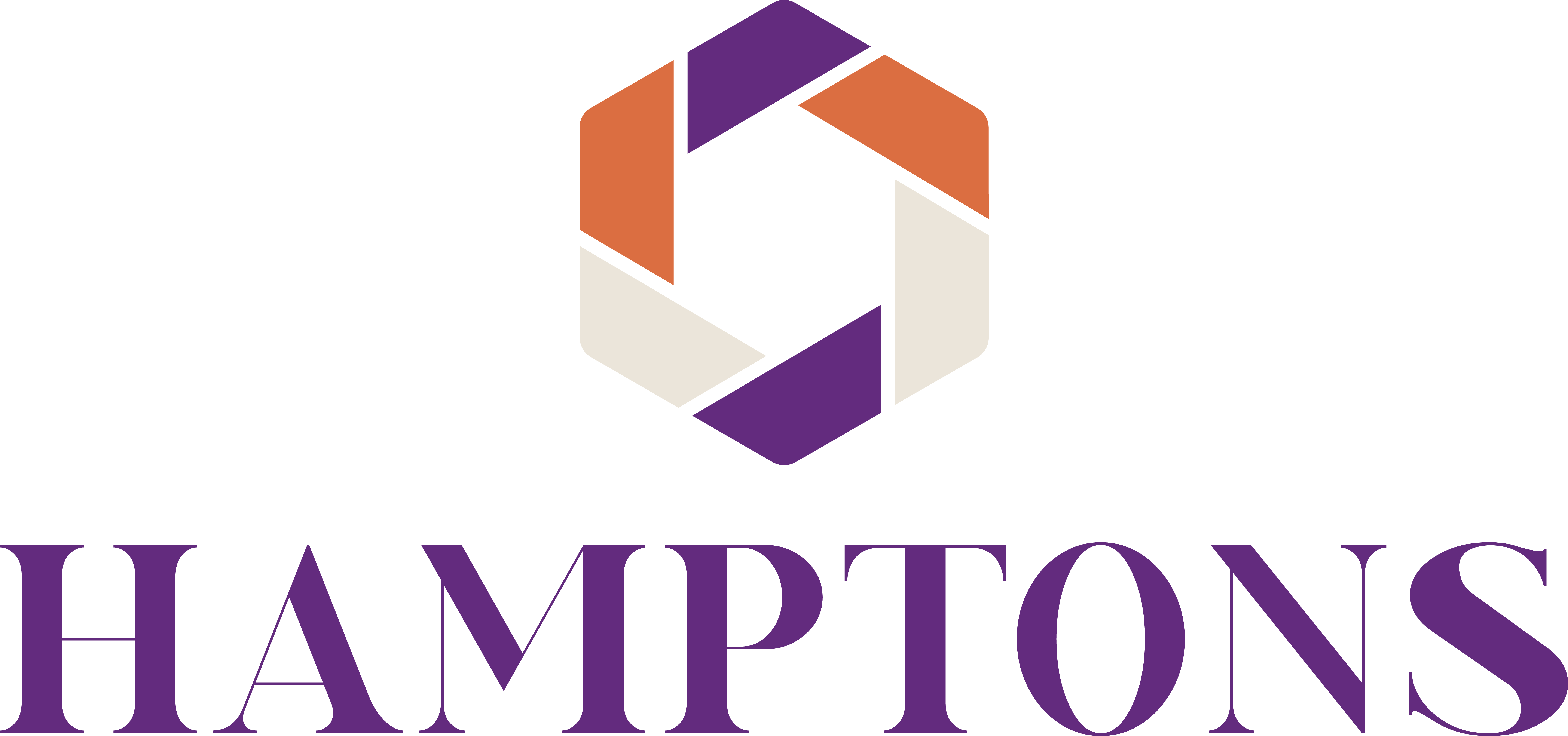
Innovation in Delivering Sustainability and Social Value
This category recognises innovation in local authority projects or services that help drive sustainability and improve the quality of life and well-being of communities.
Judges will want to see evidence of how projects or services have made a social, environmental and economic impact and how these goals have been built into the commissioning process from the start.
Examples of how local authorities have met environmental, social and governance criteria with their partners will be especially welcome.
The 2015 review of the Social Value Act said it required commissioners ‘to think in a smarter way’ about services and to think ‘about their long-term cost and sustainability' and judges will want to see evidence of this in submissions.
Entries can come from local authority teams across any project or service and include private, public or third-sector partners.
Judges will be looking for evidence of:
- Quantifiable examples of successes in boosting sustainability and improving wellbeing
- Case studies of how projects or services have made a social, environmental and economic impact
- Examples of good partnership working
- Examples of meeting environmental, social and governance criteria
- Evidence of ‘smarter thinking’ in projects or services
Sponsored by

Innovation in Housing
Housing has been in the headlines the past few years but one of the major controversies has been over whether local authorities should have more financial powers to build their own social housing.
In fact, many innovative local authorities have already been developing ways of providing housing for their less well-off citizens. This category invites entries showing interesting and innovative social housing projects with clear outcomes.
Judges will be looking for examples of social housing projects that display both innovation and meet defined outcomes. So long as the local authority is the entrant, other voluntary or private sector partners can also be included.
Judges will be looking for evidence of:
- An account of the challenge the authority/team faced and how the project came into being
- The aims and planned outcomes of the project, how they were carried out, as well as the obstacles that were overcome to achieve these aims. Were all the planned outcomes met on target?
- How the project met the corporate aims of the authority and what funding was accessed
- How much of the deliverables behind the project were locally-driven?
- The level of partnership working involved in the project, either cross-departmental, public-public or public-private
Sponsored by
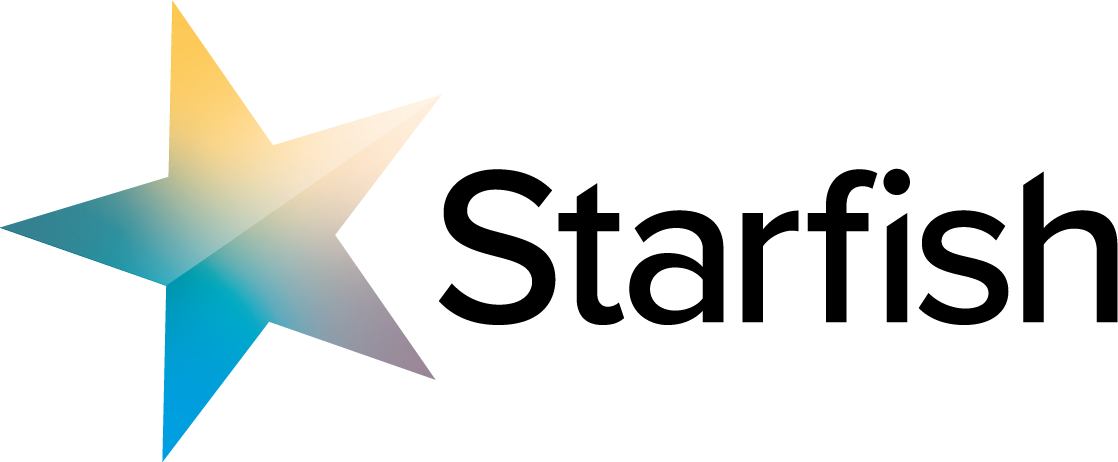
Innovation in Public Private Partnerships
The landscape for local authorities delivering services with private and voluntary sectors has changed in recent years but the need for the sectors to work together is more vital than ever with each providing their expertise.
The rigid contracting process with penalties for variance has been largely replaced by a more consensual, less confrontational and more long-term relationship between partners. It is in local authorities’ interest to ensure their partners are viable and realistic about the cost of services they deliver and that partners work closely to ensure they are open and adaptable to the changing environment and user needs.
In this category, entries are welcome from public/private partnerships as well as partnerships with the voluntary sector.
Judges will be looking for evidence of:
- Thinking ‘outside of the box’ about services
- A focus on value for money
- An enhanced user experience for individual residents and communities
- Evidence of good relationships between partners
- Service improvement due to partnership working
Sponsored by

Innovation in Reducing Health Inequalities
Local government is well placed to invest in health to help local communities thrive and can support health outcomes and reduce health inequalities by taking action on the wider determinants of health like housing, access to green spaces, and employment.
This category invites entries from teams within local authorities or in partnership with health and other bodies who are taking innovative approaches to improving health and reduce inequalities. Submissions can come from any department such as housing, transport, planning, economic development, children’s services or education so long as the project is about reducing health inequalities.
Judges will be looking for evidence of:
- An understanding of the barriers to good health in the specified locality and the role of different council services in addressing these.
- Evidence that improving health and reducing health inequalities is a key priority of the council,
- Innovative approaches to delivery, beyond business as usual, reflected in service plans
- Demonstrable action in the council team, possibly with partners, to improve health.
- An evidence-based assessment of what has been achieved to date (a focus on intermediate outcomes is acceptable given the long-term nature of improvements)
- Evidence of local communities’ involvement in the work.
- Plans in place to ensure the ways of working and impact are sustained and spread in the long term
Sponsored by

Leadership in Responding to the Climate Emergency
If ever there was a need for tangible evidence that our climate is changing, increasing instances of extreme weather - from record temperature heatwaves to extreme flooding - the 2020s have so far provided it in abundance.
The recent inflationary environment and the ongoing squeeze on local authority resources, taken together with a more uncertain political environment around net zero and climate adaptation require real leadership at a local level.
Many local authorities declared climate emergencies around five years ago and set ambitious targets. Increasingly, progress towards these targets will come under public scrutiny. Delivery, at scale and pace, together with innovation and knowledge sharing will be key factors alongside ambition in this year’s awards. A culture of emissions reduction and a developed understanding of the impacts of climate change across the local area will also need to be demonstrated in the submissions.
Finally, we are particularly interested in submissions that can demonstrate how communities have been engaged in decision making and action, and how local leadership has brought on side different perspectives in terms of what and how to tackle the push to net zero, all while delivering at scale and pace! Entries can include partnership initiatives with other agencies.
Judges will be looking for evidence of:
- A comprehensive, clear and robust plan including challenging targets and interim, measurable, milestones. Demonstrable progress against these milestones needs to be shown
- How the strategy for sustaining climate emergency is as a key priority for the authority’s leadership.
How leadership is demonstrated with peers and partners - Innovation across the areas of green finance, energy, industry, buildings, transport, food, nature-based solutions and climate adaptation
- Strategies for engaging the community and ensuring that the response to climate emergency is understood locally
Sponsored by
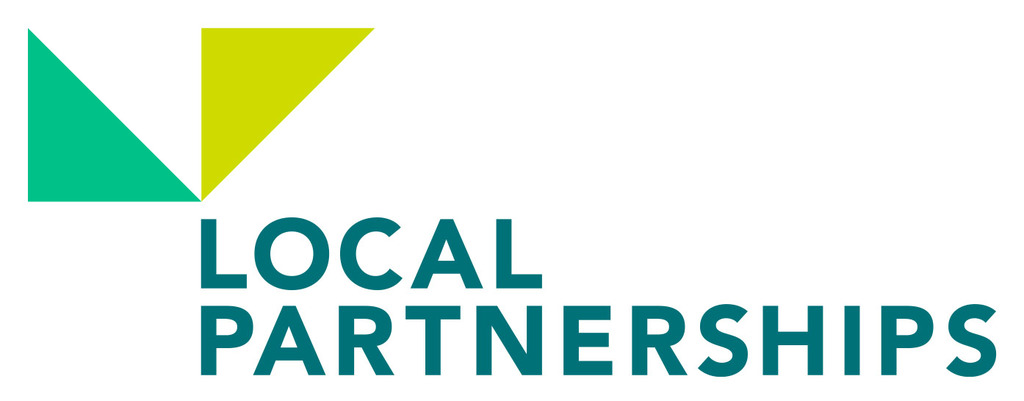
Local Authority of the Year
This category highlights success not just in one local authority department or project but right across the organisation. Winning this prestige category, or reaching the shortlist, sends out a message to both staff, partners and potential partners that the local authority is a high-performing council, an important factor at a time of increasing devolution.
Previous winners are councils that displayed a strong corporate centre with close synergy between the senior management team and the Cabinet, together driving innovation and high performance across the authority. Clear vision by senior management and members, strong forward planning and evidence of successful service provision should be outlined in the entry.
The submission should come from the Chief Executive and/or Leader of the council. While we will take into account previous external assessments, the judges of this award will be making up their own minds.
Judges will be looking for evidence of:
- Real performance improvement across the authority, including evidence around outcomes of your major services; eg Corporate, Children’s and Adults’ Services
- How your authority has successfully risen to the financial challenges the present themselves as a result of continuing reductions in budget
- Where you believe you have been truly innovative, how this has allowed you to excel across the major services and how this is sustainable
- What makes your authority distinctive, what can other authorities learn from you
Sponsored by

Rising Star
In this category, local authority managers from departments across their organisations are invited to nominate one or more of their younger staff whom they feel show exceptional ability, dedication and promise.
Entries should be submitted by the staff member’s line manager with examples of the staff member’s achievements and why the manager believes they deserve to be nominated. Nominated candidates should be available to attend the judging day if shortlisted.
Judges will be looking for evidence of:
- An account of their career history thus far and a general description of the staff member’s attitude and achievements
- Why the organisation/line manager believes they deserve the title of 'Rising Star'
- The contribution made to a project or event that demonstrates the staff member’s dedication to their job
- The staff member’s contribution to a project or event that demonstrates their enthusiasm and willingness to go the extra mile
- A wider narrative around the candidate’s ability to work across the organisation, within a team, or with the public
- Why the organisation/line manager believes their staff member has the potential to succeed
Sponsored by

Senior Leadership
This category recognises the vital role of the senior management team in a local authority and its impact on service provision, delivering outcomes for their community, and creating successful organisational change. It also recognises how the SMT made a difference in tackling a particular problem in their locality.
The senior management (or leadership) team should comprise the chief executive and executive directors of the authority and entries can be submitted through the chief executive, leader, or the management team itself.
Entries should focus on the achievements and impact of the team and its clear outcomes.
Judges will be looking for evidence of:
- A strong corporate ethos and effective and successful relationships between the different members of the team, as well as with the political leadership and elected members
- Examples of how this close working relationship has helped deliver the council's strategic goals and led to an evidenced step change in service provision and outcomes
- The distinctive difference the senior management team added, through their actions as a management team, to solving or reconciling a difficult public problem in their locality
- Contributions from the leader/senior politicians will be useful in helping judges make their decisions
Sponsored by

Transforming Lives
We are looking for examples of programmes, initiatives or changes to services that have demonstrably transformed the lives of groups or communities of people. As important, if not more so, than hard facts about how the work has transformed education, employment, health or other quality of life outcomes will be the stories from the participants themselves - do they really feel that without the work their quality of life would have been so improved?
These could be people with a disability or health condition, those who have particular needs from being in the criminal justice system or recovering from substance misuse, those who have not had the best starts to life through family breakdown or involvement in the care system, or those from any other area that have had significant barriers. Whatever their age or background they will be groups who needed help to change their worlds.
The judges will be looking for evidence of:
- Why the particular programme, initiative or service change was begun. How were needs assessed and why was it a priority for the council
- What the success factors were at the start of the programme and how well these have been achieved
- How sustainable the outcomes of the programme are, both for the particular participants and for its replicability elsewhere
- How wider local and national partners have been involved in designing and delivering the programme
- How innovative the programme has been
- What feedback has been received from participants and how this has been used to shape this and future initiatives
Sponsored by
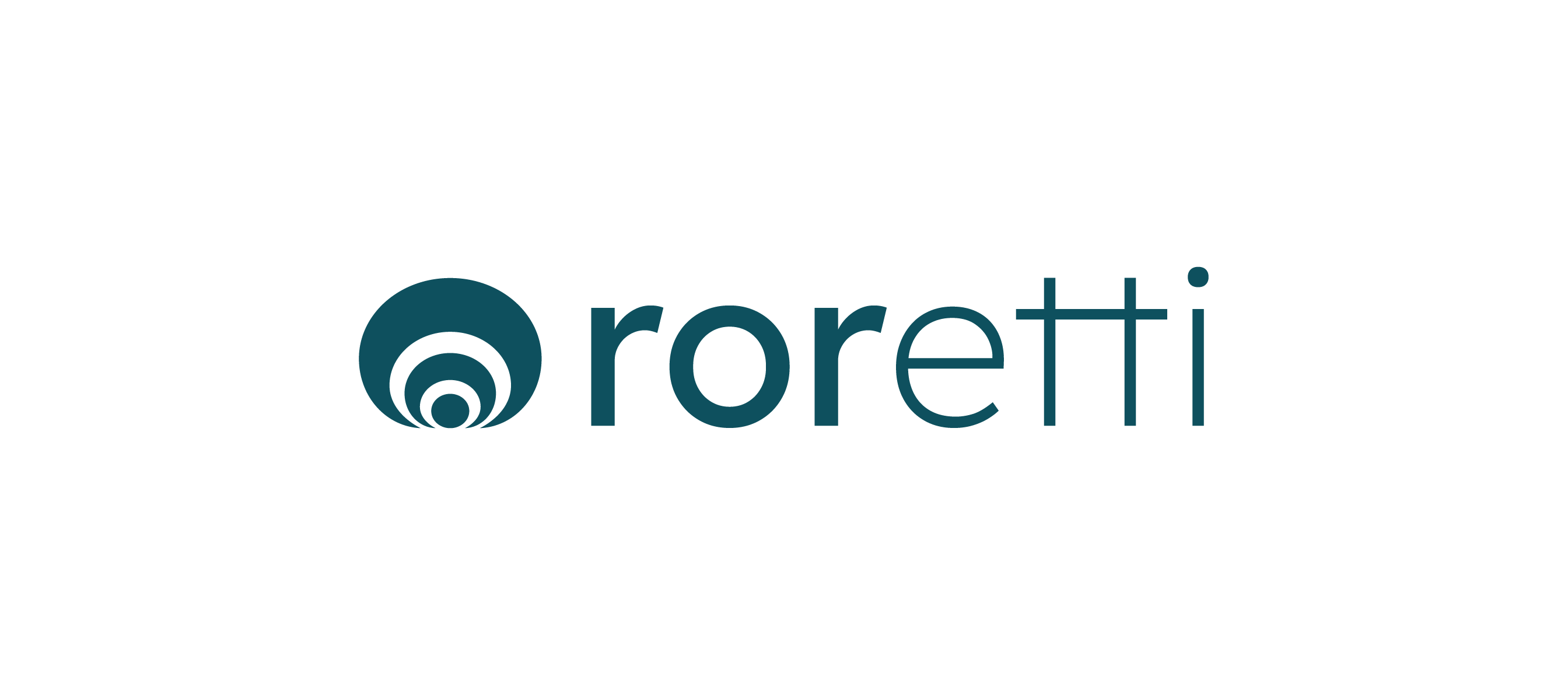
Workforce Optimisation
We are looking for cases/stories about how you changed, developed, engaged your workers in a team, service, or organisation so it improved performance and delivery. We want evidence of tangible improvement in outputs and/or outcomes.
This may be as a result of a resourcing project, or talent development, or service transformation, or employee health and wellbeing actions, or performance management. The key is to demonstrate real change and improvement in delivery of outputs and/or outcomes than before your intervention.
Judges will be looking for evidence of:
- Improvements in outputs and/or outcomes of service delivery as a result of your intervention. Clear links to organisational objectives, including metrics to show results and impact, for example, increased productivity, improved customer service etc
- Embedding engagement in behavioural and cultural change
- Employee engagement and involvement of employees and Trade Unions through change and beyond
Sponsored by
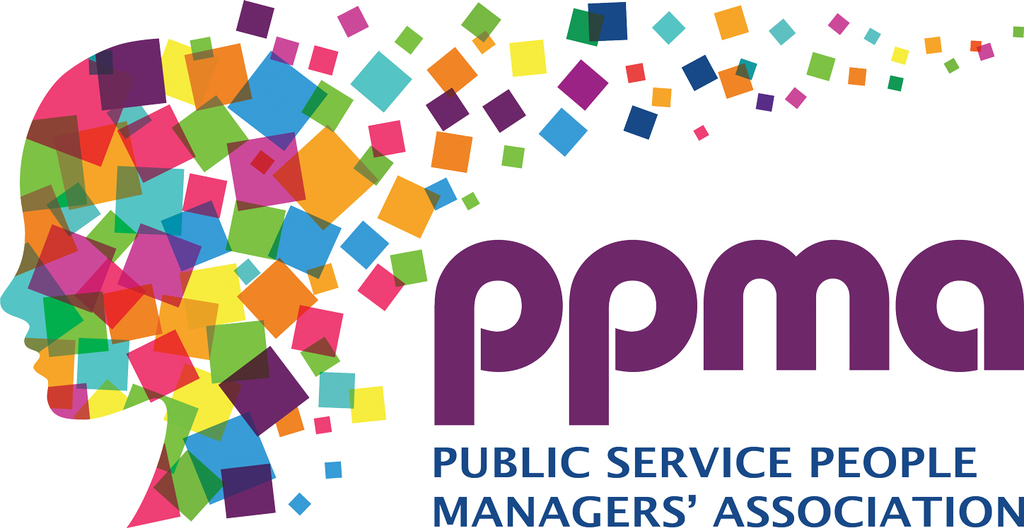
Nominations are free of charge, however, if you are shortlisted as a finalist, your organisation must be represented at the awards ceremony for that category.
